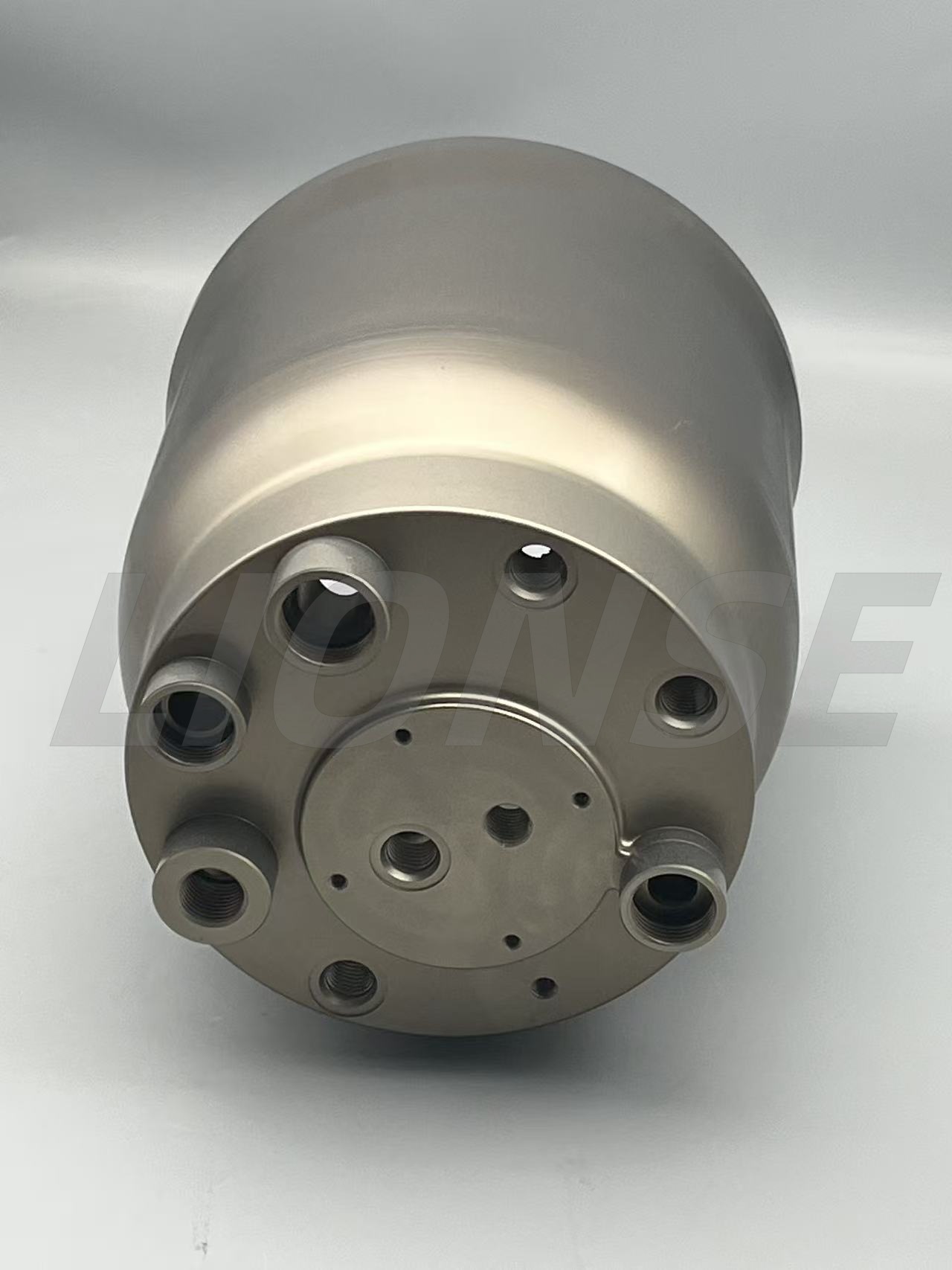

Now let's analyze the advantages and disadvantages of aluminum alloy:
Aluminum alloy materials have the following advantages:
1. Lightweighting: Aluminum alloy has a low density and is lighter than materials such as steel and copper, making it widely used in fields like aviation and automobiles.
2. Excellent electrical and thermal conductivity: In terms of electrical and thermal conductivity, aluminum alloys are comparable to traditional copper and copper alloys. This makes aluminium alloys widely used in the fields of power, electronics and communications.
3. Strong corrosion resistance: Aluminum alloy has excellent corrosion resistance and is not prone to rust even when exposed to air for a long time, thus being widely used in the shipbuilding industry.
4. Good plasticity: Aluminum alloy has excellent plasticity and can be easily made into parts of various shapes and sizes through methods such as extrusion, stretching, rolling and forging.

However, aluminium alloy materials also have drawbacks:
1. High manufacturing cost: Compared with some other materials, the production cost of aluminum alloy materials is relatively high.
2. Lower strength: Compared with traditional steel, the strength of aluminum alloy is relatively low.
3. High welding difficulty: Aluminum alloy has a low melting point and is prone to oxidation, requiring special techniques and equipment during welding.
Aluminum alloy materials have many advantages and some disadvantages. Aluminum alloy materials will also be applied more and more widely in the future. We should also choose the appropriate materials and processing methods based on our own needs. If you need any help, feel free to contact us at any time。